Clinical research: Drug increases communication while rats play
Giving GLYX-13, a drug that targets an autism-associated brain pathway, to rats bred to be less social increases how much they communicate while playing.
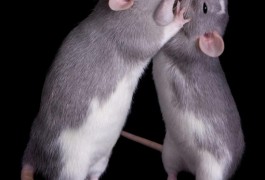
Giving GLYX-13, a drug that targets an autism-associated brain pathway, to rats bred to be less social increases how much they communicate while playing.
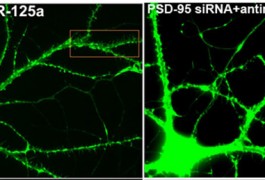
Small fragments of RNA, called microRNAs, can fine-tune the levels of proteins at the junctions between neurons in response to cell signals, according to a study published 10 June in Molecular Cell.
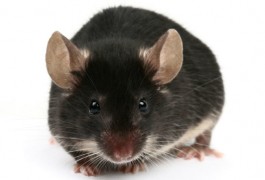
Blocking a chemical messenger — a much-touted approach to treating fragile X syndrome — is unlikely to completely reverse symptoms of the disorder, according to a provocative new study. The results, published in May in Behavioural Brain Research, show only modest behavioral improvements with the approach.
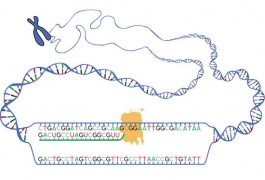
Researchers have upended a central tenet of biology by showing that there are more than 10,000 sites in the human genome where RNA sequences do not match the DNA sequences from which they are transcribed. The findings were published 19 May in Science.

A drug called arbaclofen has matriculated to a phase III clinical trial, the last and most difficult step on the long road to regulatory approval.

A compound that activates a pathway related to learning and memory can enhance pair-bonding between prairie voles, according to a study published 7 April in Biological Psychiatry. Enhancing social learning — an individual’s response to social cues — during development could help treat autism.
Individuals with intellectual disability are more likely than controls to have harmful mutations in autism candidate genes, according to a study published 11 March in the American Journal of Human Genetics.
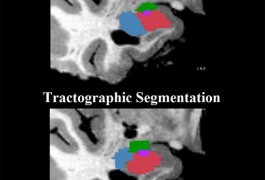
A new method can distinguish between sub-regions of the amygdala, the deep nub of tissue that is involved in emotion processing and that shows abnormal activity in people with autism, according to a study published in the June issue of NeuroImage.
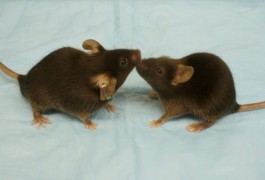
Mutations in a protein called GRIP1, important for the function of synapses — the junctions between neurons — may contribute to social deficits in autism, researchers reported 22 March in the Proceedings of the National Academy of Sciences.

Children with autism spend less time in the rapid eye movement stage of sleep than do either controls or those with developmental delays, according to a November report in the Archives of Pediatrics & Adolescent Medicine.